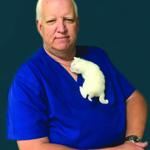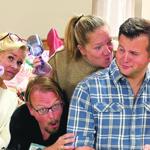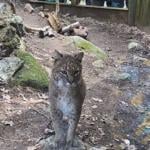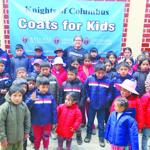PLYMOUTH — The Plymouth Historical Society will host constitutional scholar Meg Mott’s presentation “What the Declaration of Independence Offers U.S. Social Movements” on Wednesday, Nov. 19, at 5:30 p.m.
During Mott’s program attendees will consider how the language of the Declaration guides social movements across the political spectrum to institute a government that seems most likely to protect each other’s unalienable rights.
Mott notes, “At the heart of the 1776 Declaration is a bold assumption: the people have the capacity to form a government that, in the words of the Declaration, ‘seems most likely to affect (our) Safety and Happiness.’”
She stresses that “Most likely” is an important element. “Self-government is a dynamic process. We have to talk with each other as we determine how best to affect our need for safety, our desire for freedom, and our responsibility to fellow citizens.”
Mott has a Ph.D. and teaches political theory and constitutional law at Keene State College. Her award-winning series, “Debating Our Rights,” on the first 10 amendments to the U.S. Constitution, brings civil discussions on contentious issues to public libraries and colleges. She is also a frequent presenter for New Hampshire Humanities, which is a sponsor of this program.
The PHS program will be held at the Plymouth Historical Museum and Memory House in the Old Webster Courthouse, on Court Street, tucked behind Town Hall. It is free and open to the public. Seating is limited and the doors open at 5:15 p.m.
For more information, visit plymouthnhhistory.org.



















(0) comments
Welcome to the discussion.
Log In
Keep it Clean. Please avoid obscene, vulgar, lewd, racist or sexually-oriented language.
PLEASE TURN OFF YOUR CAPS LOCK.
Don't Threaten. Threats of harming another person will not be tolerated.
Be Truthful. Don't knowingly lie about anyone or anything.
Be Nice. No racism, sexism or any sort of -ism that is degrading to another person.
Be Proactive. Use the 'Report' link on each comment to let us know of abusive posts.
Share with Us. We'd love to hear eyewitness accounts, the history behind an article.